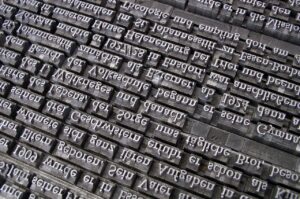Blog by Sarah Jeavons Wright, originally posted in February 2019 during her time as Research Fellow on the Wellcome Trust/University of Edinburgh ISSF funded pilot project.

Image by Pexals via Pixaby https://pixabay.com/photos/art-watercolors-arts-and-crafts-1851483/
‘It has become increasingly clear since the latter half of the 20th century that knowledge or understanding is not always reducible to language… Thus not only does knowledge come in different forms, the forms of its creation differ’
(Eisner, 2008: 5).
As mentioned in our last blog (Language and the Meaning of Suicide), a key component of the ‘Suicide Cultures’ project is to run arts-based workshops with community groups in Scotland, offering people the opportunity to explore and express their feelings and views about suicide through the act of making and creating, be it drawings, paintings, clay forms, collage or writing stories. Guided by existing evidence which suggests art can help us to get to a place of deeper understanding (Tarr et al 2018), we hope that the ‘Suicide Cultures’ arts-based workshops will enable meaningful exploration, in a co-designed supportive environment, of understandings of suicide that go beyond both rational/cognitive ways of knowing (Vaart et al 2018; Foster 2015).
Arts-based research methods, which incorporate many different approaches (such as those listed above, as well as others including poetry, dance and theatre), centre around the principle of disrupting the power imbalance between researcher and research participant. Informed and shaped by feminist approaches to research, and de-colonising methodologies, arts-based methods strive to challenge normative constructs of ‘data collection’ and research ‘subjects’, and, instead, build new principles of research ‘collaborators’ and the materials generated as participant, or ‘collaborator, produced’ objects (Mannay 2015: 22). Put simply, arts-based methods seek to ‘democratise, and enliven, both process and product of qualitative research’ (Horsfall and Titchen 2009: 147).

